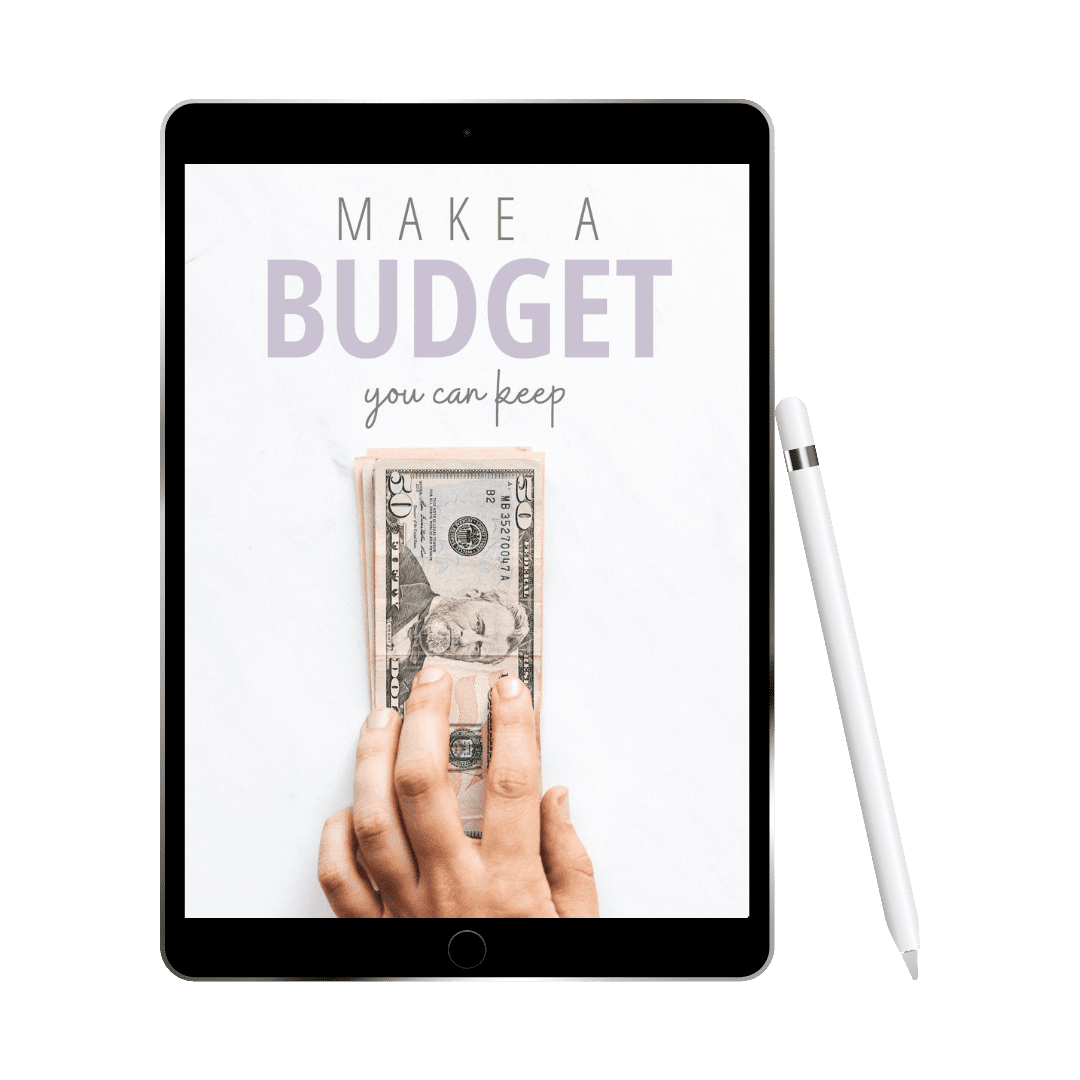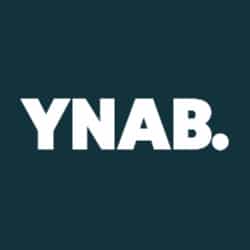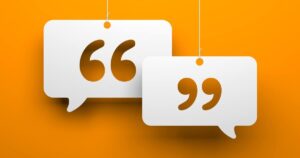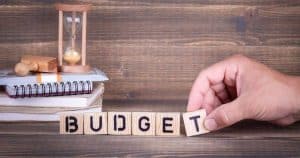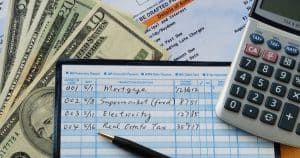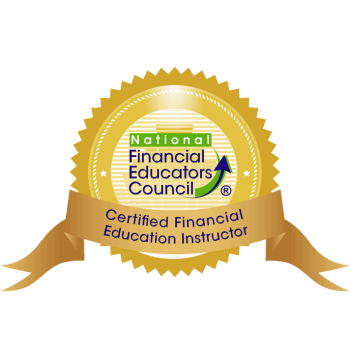The Difference Between Fixed and Variable Expenses and How to Save Money on Both
This post may contain affiliate links. As an Amazon Associate, I earn from qualifying purchases. Please read my disclosure policy for more info.
When it comes to managing your finances, it’s important to understand the difference between variable and fixed expenses.
Knowing the difference between these two types of expenses is crucial for creating a budget that works for you.
Stress less & save more!
This FREE budget guide will help you create a budget that works for you!
What is the definition of a variable expense?
A variable expense is an expense that changes from month to month. This could include things like groceries, gas, and entertainment.
Variable expenses can be tough to manage because they can fluctuate so much from one month to the next.
What is the definition of fixed expenses?
A fixed expense is an expense that stays the same each month. This could include things like rent, utilities, and car payments.
Fixed costs are easier to budget for because you know exactly how much you need to set aside each month.
How can you tell the difference between fixed vs variable expenses?
The best way to tell the difference between fixed and variable expenses is to look at your spending habits over time.
If you find that you’re spending a lot more on groceries in one month than you are in another, then that’s a variable expense.
On the other hand, if you’re paying the same amount for rent each month, then that’s a fixed expense.
Which expenses should you focus on reducing?
While both types of expenses are important to consider when you’re trying to save money, variable expenses are often the best place to start.
This is because they can fluctuate so much from one month to the next. By reducing your variable expenses, you can free up more money each month to put towards your savings goals.
How can you reduce your variable and fixed expenses?
The best way to reduce your expenses is to start by looking at your spending habits. Track where you are spending your money and see where you can cut back.
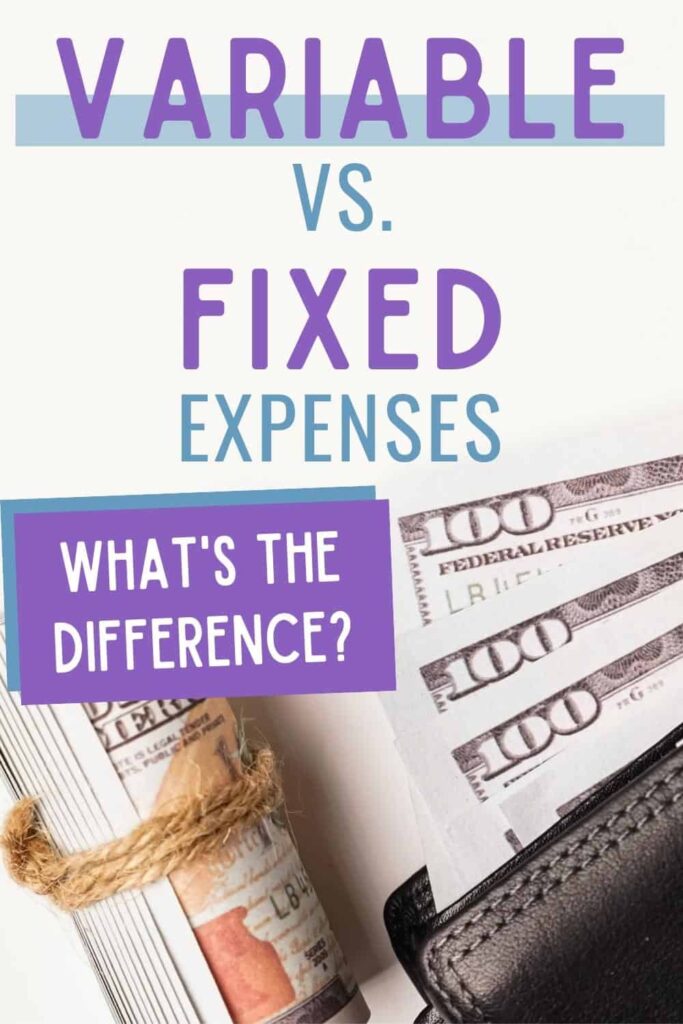
If you find that you are spending a lot on unnecessary things, like eating out or buying new clothes, then try to cut back on those expenses.
You can also save money by shopping around for better deals on things like groceries and car insurance.
Finally, you can try to negotiate lower rates on things like your cell phone bill or cable TV package.
Below are some other examples to help you start identifying your expenses.
Examples of variable expenses:
- Groceries
- Gas
- Entertainment
- Eating out
- Clothes
Examples of fixed expenses:
- Rent
- Utility bills
- Car payments
- Insurance premiums
- Minimum credit card payments
As you can see, there are a variety of expenses that can be classified as either variable or fixed.
It’s important to understand the difference between these two types of expenses so that you can better manage your finances.
By taking some time to reduce your expenses, you can save a lot of money each month.
Tips for reducing your expenses overall
When it comes to reducing your expenses, focus on cutting back on unnecessary variable expenses first. You usually have more flexibility with reducing these costs.
The first place you should look to cut costs is your food budget. Recent polling has shown the average household spends over $600 a month on food, making it an ideal place to look for immediate savings.
Once you’ve reduced your variable expenses, try to lower your costs on fixed expenses.
Negotiate or refinance expenses like your rent or car payment. Or even consider relocating or downsizing fixed costs that are straining your budget.
How to budget for fixed and variable costs
The best way to budget for your expenses is to track where you are spending your money.
Knowing where your money is going will give you the awareness to reconsider your spending and make sure it aligns with your goals and values.
Start by tracking your spending for one month. Then, categorize your expenses as either fixed or variable.
Once you have a good understanding of your spending habits, you can start to develop a budget that works for you.
Budgeting fixed expenses is relatively straight forward, but double check to make sure those costs are still a priority and not a drag against your savings.
Planning for your variable expenses can sometimes feel like a guessing game, but if you’ve been tracking your spending you should have at least a rough guide to start with.
Once you’ve got all your expenses, fixed and variable, accounted for in your budget, you’ll have a better overall picture of your finances.
This will give you an opportunity to reasses and re-prioritize as you move forward, cutting back or eliminating the expenses that no longer contribute to your goals.
Forget everything you think you know about budgeting and prepare to experience total control.
Final Thoughts
Knowing the difference between variable and fixed expenses is important for creating a budget that works for you.
By identifying your fixed and variable expenses you can begin to evaluate and reduce them, making it easier to stick to your budget and save for your future.
Want to work together?
I would love to help you gain clarity and confidence with your money! If you’re ready to stress less, save more, and enjoy your money, click below to learn more about financial coaching.


